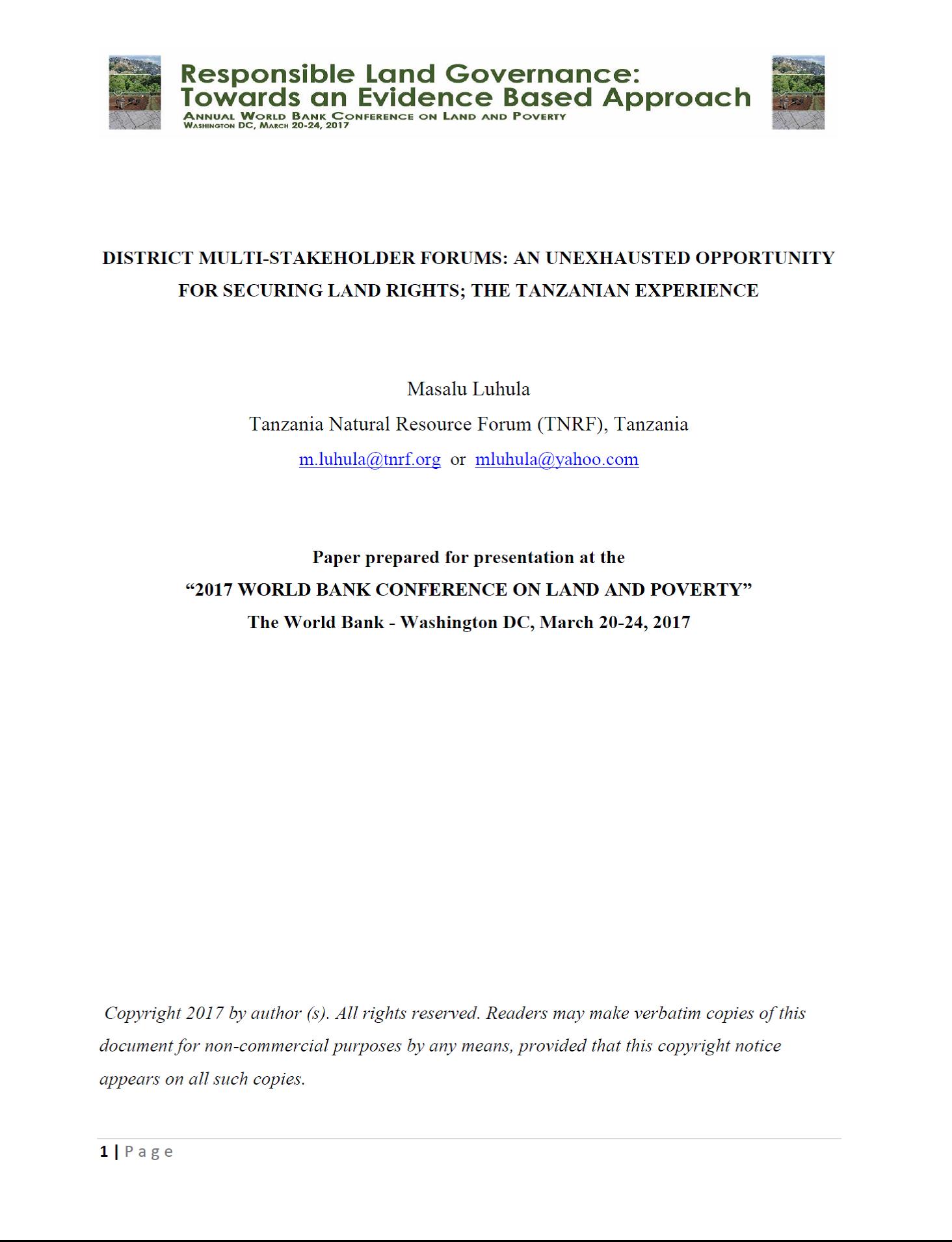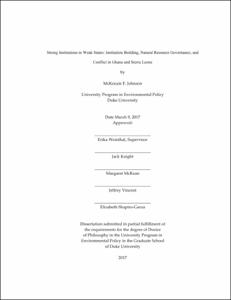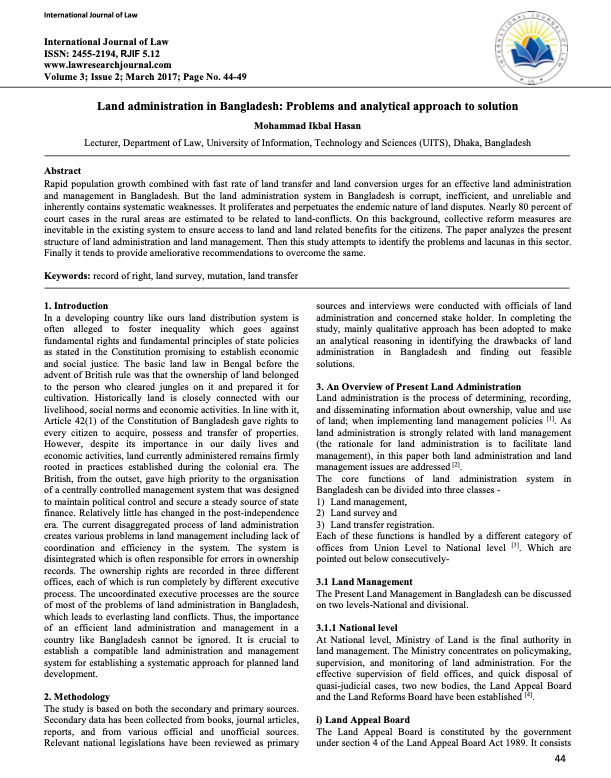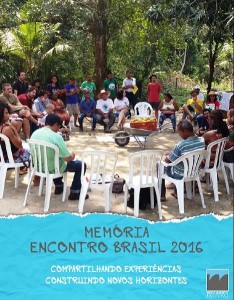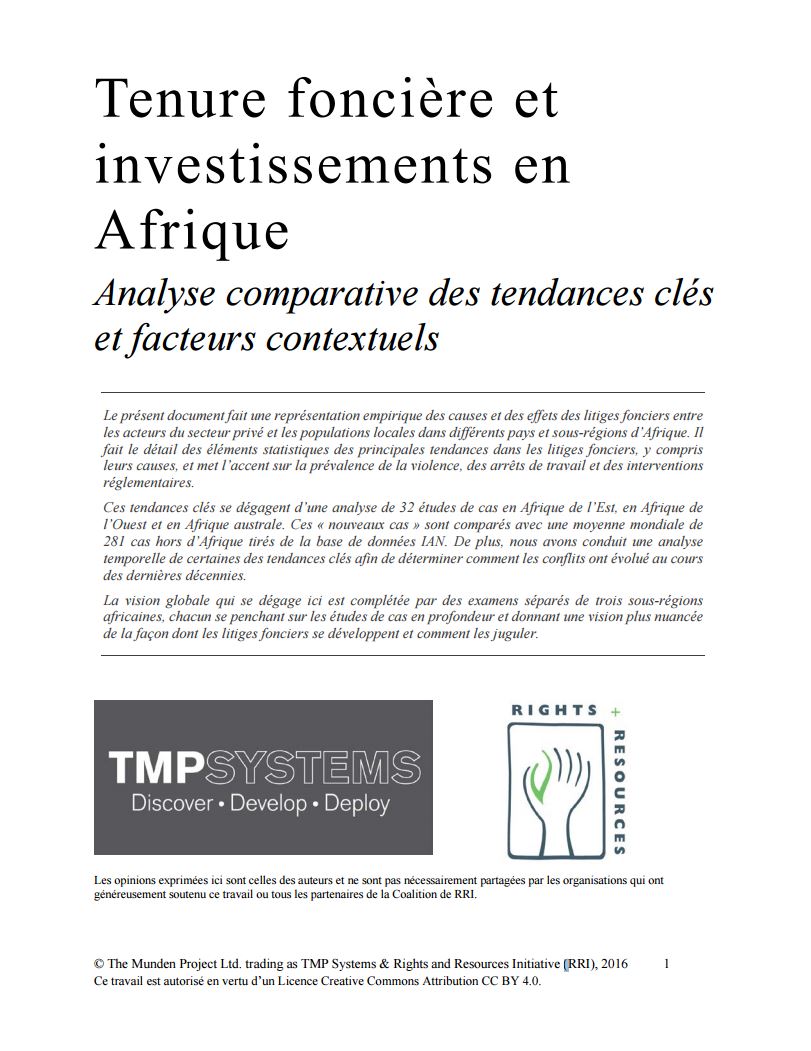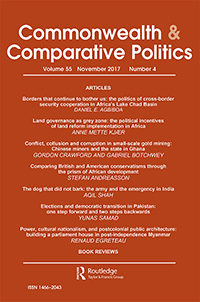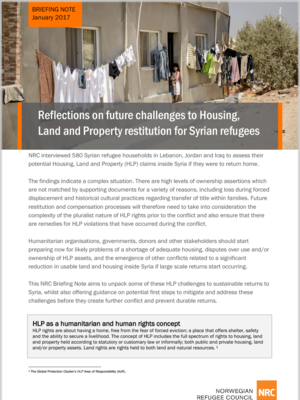Triggers of Farmer-Herder Conflicts in Ghana: A Non-Parametric Analysis of Stakeholders’ Perspectives
In Ghana, farmer-herder conflicts have become widespread and increasingly assume a violent dimension. Competition over access to and use of land and water resources is at the center of the conflicts. However, competition does not automatically result in conflicts. The conflicts are driven by triggering activities of both farmers and herders. This study identifies triggers of farmer-herder conflicts in the Upper West Region of Ghana and tests the level of agreement among key stakeholder groups on the triggers of these conflicts.

